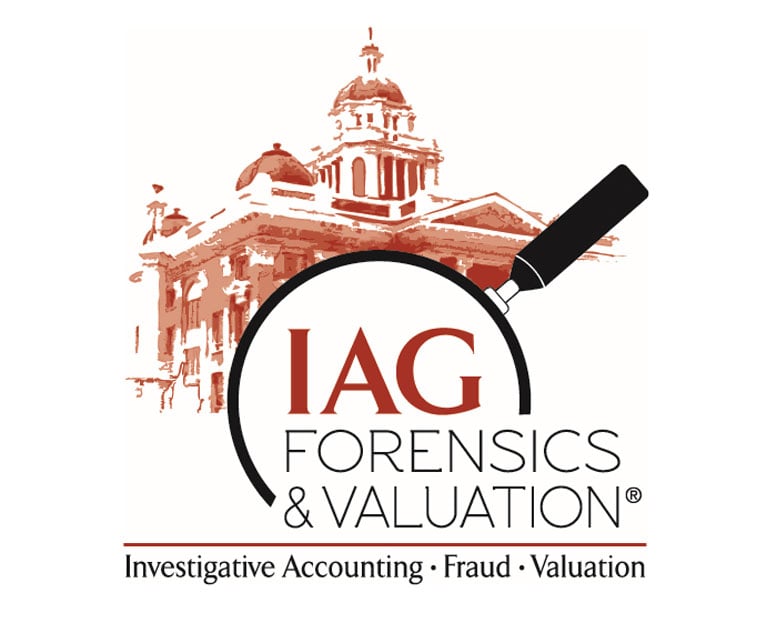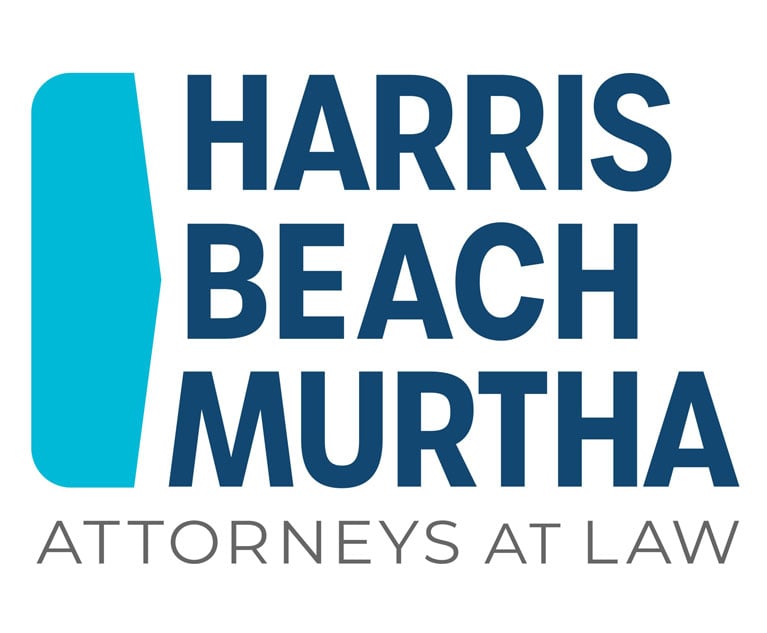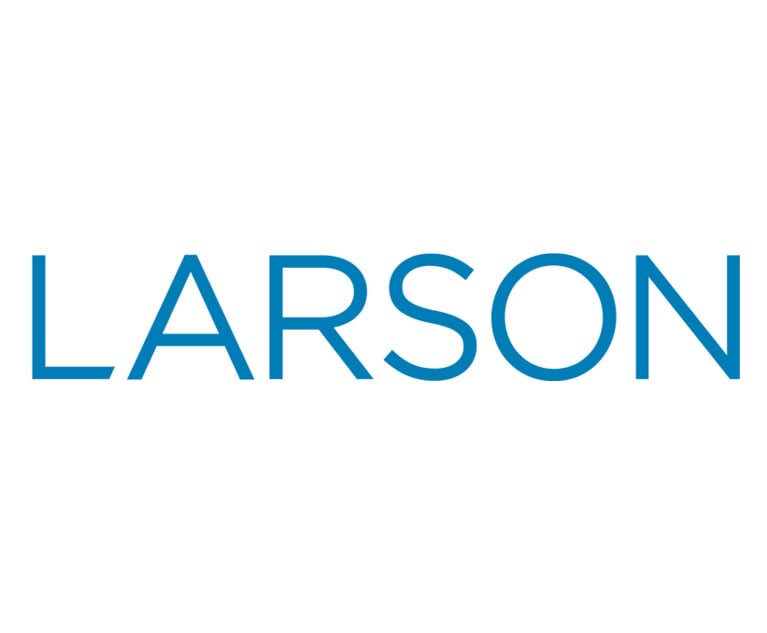5 Things You Need to Realize About Your Realization Rate
Don't ignore your realization rate, take control. Need a reason? It matters a lot to the people who determine your pay.
September 26, 2018 at 02:13 PM
4 minute read
Anyone who said that life in a law firm is short of challenges, has never worked in one. Among the many, is finding time to deal with law-firm admin: time recording, form filling and all the daily blocking and tackling. I sometimes get asked by younger lawyers when to do this and what to prioritize. These are important conversations, with no easy answers. One thing I try to stress is the importance of the lawyer's personal realization rate, not just monitoring it, but actively improving it. So, if you're wondering about your own realization rate, here's a few pointers.
➤➤ Why work harder when you can work leaner? Have you explored the benefits of Lean Adviser Legal from Law.com?
1. It matters: Your realization rate matters to people who set your pay. It matters a lot. These people—managing partners, office heads and compensation committees—look at this data closely and regularly. You can too.
2. It's no mystery: Your realization rate isn't complex or even clandestine. Think of it as the percentage of your hard work which your firm sees as cash. It's a fair bet that your firm won't pay you based on money you almost earned. Fair enough, right? And you can monitor it in real time. You know how hard you're working. If you're under recording time, you know that too. Likewise if your time isn't being billed, or if bills are being written off. Most firms not only share realization data with attorneys, they want you to look at it.
3. It's the key to work-life balance. We all know the drill. It's Friday afternoon, you're an associate and you have weekend plans. And then it happens, a partner asks you to research and write an urgent memo which, on Monday morning, turns out not to be needed after all. It's one thing to work 2200 hours a year, never see your family and forget which sports team you support, if you get paid accordingly. That's your choice. It's quite another to do all that, and then find that only 1500 hours gets monetized by the firm and reflected in your pay.
4. It's not completely out of your control. Sure it's not completely in your control either. That's true of every lawyer in private practice. Decisions gets made. Work gets unused. Time entries get written off. Bills get challenged. But here's the thing. Valuable, focused work, delivered on time is less vulnerable to erosion.
5. It's enhanced by two magic words: planning and execution. Control of your realization rate starts with planning. In fact, it starts at the start of planning, scoping. Whether your work-giver is a GC, a business owner or a partner, the entry point is the same. You can't ask too many smart questions. Why are we doing this? What's important about it? What should I focus on? What should the work product look like? Clarify everything. Then make a plan and execute it. Get the work product right, and deliver it on time. Do this, and you'll dramatically increase the chances of the work being used, billed and paid for.
Alex Geisler is a London-based litigation partner with Duane Morris and the creator of the Lean Law Program. He is an accredited trainer and author on topics including legal process optimization, knowledge management, negotiation, process mapping and scenario planning.
If you enjoyed this article, click here for more information on Lean Adviser Legal, a complete legal process management program.
NOT FOR REPRINT
© 2025 ALM Global, LLC, All Rights Reserved. Request academic re-use from www.copyright.com. All other uses, submit a request to [email protected]. For more information visit Asset & Logo Licensing.
You Might Like
View All
IAG Forensics & Valuation is excited to announce promotions at our firm effective 1/1/2025.
1 minute read

Trending Stories
- 1Courts, Lawyers Press On With Business as SoCal Wildfires Rage
- 2Florida, a Political Epicenter, Is the Site of Brownstein Hyatt's 13th Office
- 3Law Firms Close Southern California Offices Amid Devastating Wildfires
- 4Lawsuit alleges racial and gender discrimination led to an Air Force contractor's death at California airfield
- 5Holland & Knight Picks Up 8 Private Wealth Lawyers in Los Angeles
Who Got The Work
Michael G. Bongiorno, Andrew Scott Dulberg and Elizabeth E. Driscoll from Wilmer Cutler Pickering Hale and Dorr have stepped in to represent Symbotic Inc., an A.I.-enabled technology platform that focuses on increasing supply chain efficiency, and other defendants in a pending shareholder derivative lawsuit. The case, filed Oct. 2 in Massachusetts District Court by the Brown Law Firm on behalf of Stephen Austen, accuses certain officers and directors of misleading investors in regard to Symbotic's potential for margin growth by failing to disclose that the company was not equipped to timely deploy its systems or manage expenses through project delays. The case, assigned to U.S. District Judge Nathaniel M. Gorton, is 1:24-cv-12522, Austen v. Cohen et al.
Who Got The Work
Edmund Polubinski and Marie Killmond of Davis Polk & Wardwell have entered appearances for data platform software development company MongoDB and other defendants in a pending shareholder derivative lawsuit. The action, filed Oct. 7 in New York Southern District Court by the Brown Law Firm, accuses the company's directors and/or officers of falsely expressing confidence in the company’s restructuring of its sales incentive plan and downplaying the severity of decreases in its upfront commitments. The case is 1:24-cv-07594, Roy v. Ittycheria et al.
Who Got The Work
Amy O. Bruchs and Kurt F. Ellison of Michael Best & Friedrich have entered appearances for Epic Systems Corp. in a pending employment discrimination lawsuit. The suit was filed Sept. 7 in Wisconsin Western District Court by Levine Eisberner LLC and Siri & Glimstad on behalf of a project manager who claims that he was wrongfully terminated after applying for a religious exemption to the defendant's COVID-19 vaccine mandate. The case, assigned to U.S. Magistrate Judge Anita Marie Boor, is 3:24-cv-00630, Secker, Nathan v. Epic Systems Corporation.
Who Got The Work
David X. Sullivan, Thomas J. Finn and Gregory A. Hall from McCarter & English have entered appearances for Sunrun Installation Services in a pending civil rights lawsuit. The complaint was filed Sept. 4 in Connecticut District Court by attorney Robert M. Berke on behalf of former employee George Edward Steins, who was arrested and charged with employing an unregistered home improvement salesperson. The complaint alleges that had Sunrun informed the Connecticut Department of Consumer Protection that the plaintiff's employment had ended in 2017 and that he no longer held Sunrun's home improvement contractor license, he would not have been hit with charges, which were dismissed in May 2024. The case, assigned to U.S. District Judge Jeffrey A. Meyer, is 3:24-cv-01423, Steins v. Sunrun, Inc. et al.
Who Got The Work
Greenberg Traurig shareholder Joshua L. Raskin has entered an appearance for boohoo.com UK Ltd. in a pending patent infringement lawsuit. The suit, filed Sept. 3 in Texas Eastern District Court by Rozier Hardt McDonough on behalf of Alto Dynamics, asserts five patents related to an online shopping platform. The case, assigned to U.S. District Judge Rodney Gilstrap, is 2:24-cv-00719, Alto Dynamics, LLC v. boohoo.com UK Limited.
Featured Firms
Law Offices of Gary Martin Hays & Associates, P.C.
(470) 294-1674
Law Offices of Mark E. Salomone
(857) 444-6468
Smith & Hassler
(713) 739-1250










